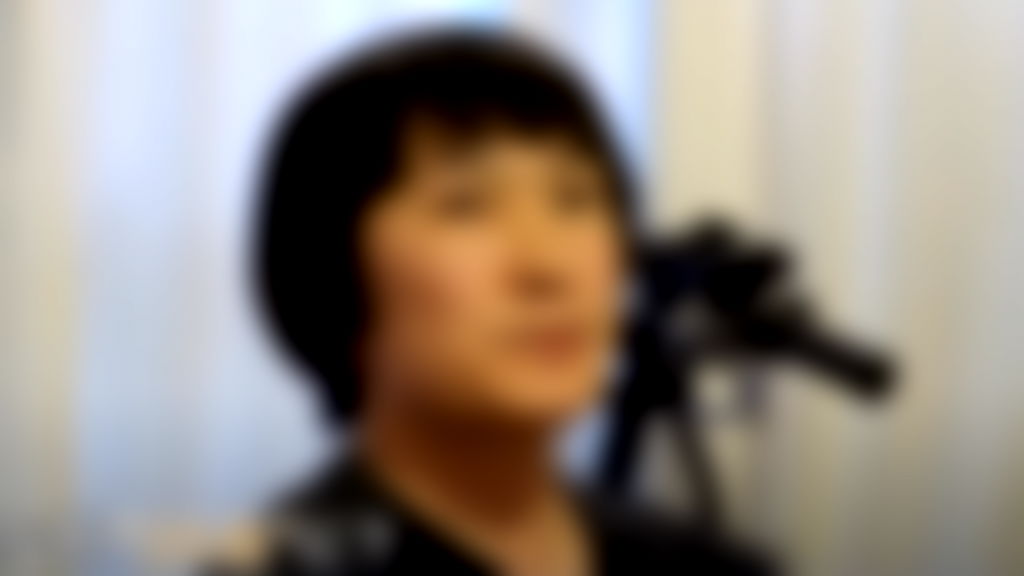‘Trans-age’ Japanese man born in 1984 identifies as 28-yr-old



By Ryan General
A 39-year-old Japanese man is making headlines for identifying as a “trans-age” individual and claiming to be 28 years old.
Embracing a new age: The man from Kyoto, known only as Jackie, went viral in May after explaining his adopted trans-age identity on the reality show Abema Prime.
Jackie, who was born on Jan. 5, 1984, revealed that his trans-age identity journey was triggered by a distressing incident at work around seven years ago. Feeling the weight of societal expectations and judgment, he eventually decided to embrace an age that resonated with his personality.
“I felt a strong desire to stay young and relevant, and I found that being 28 was the age where I felt the most comfortable,” he said. “It’s an age where I can balance maturity with youthfulness.”
He also shared that while he maintains his actual age on official documents and resumes, he navigates other facets of his daily life as a 28-year-old man.
A psychological perspective: Psychologist and Kanagawa University professor Dr. Takashi Sugiyama explained to Abema Prime that individuals like Jackie, who perceive a significant emotional and mental age gap from their chronological age, are not uncommon in today’s information-rich society. Age, he suggests, is increasingly challenging to process as society evolves.
Sugiyama further noted that Jackie’s experience highlights the often-subconscious gap between one’s perceived and chronological age. Trans-age individuals, like him, might use this gap to shape their self-image, often reinforcing their self-perception.
Share this Article
Share this Article





